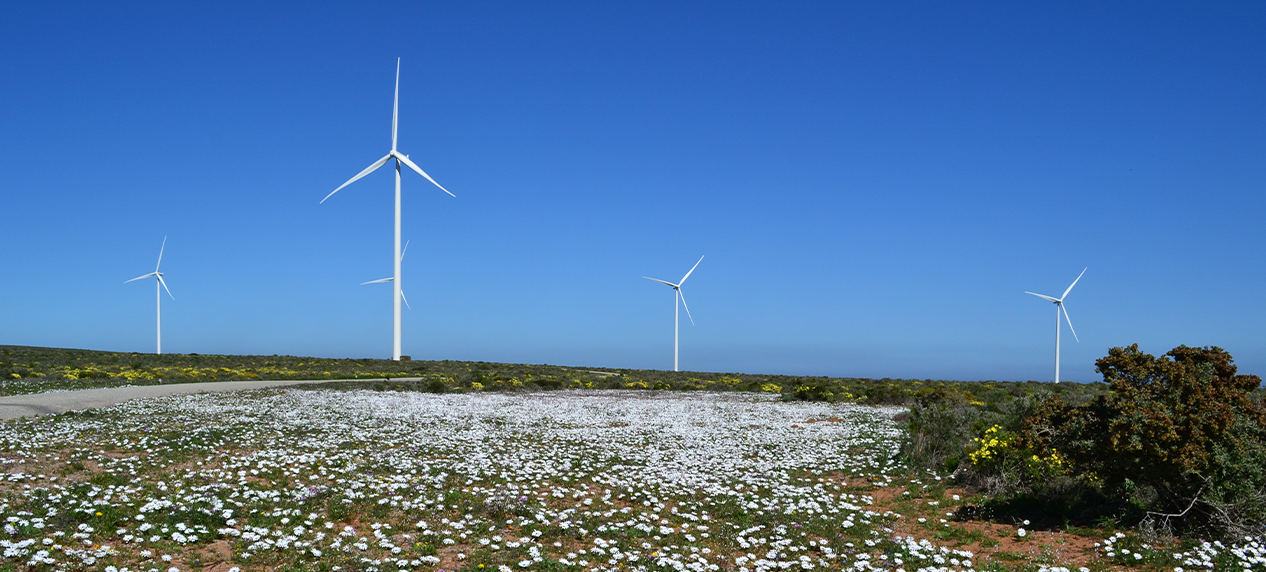Biodiversity and Business Unit contributes to development of South Africa’s National Biodiversity Strategy and Action Plan
By Catherine Kühn, Biodiversity Disclosure Project Manager

On the 2 July, the Endangered Wildlife Trust (EWT) Biodiversity and Business Unit (BBU) team participated in continued discussions related to South Africa’s National Biodiversity Strategy and Action Plan.
This important focus group discussion with the Department of Forestry, Fisheries and the Environment (DFFE), the SA Biodiversity South African National Biodiversity Institute (SANBI), business leaders, and sustainability partners helped to continue a collaborative co-development of national targets that align biodiversity and business priorities.
These discussions are not always easy, but they are a necessary step toward national cohesion and the integration of business imperatives into core operations. They are essential to ensure that the business plan of action is inclusive and achievable, with key outcomes helping to inform the update of South Africa’s National Biodiversity Strategy and Action Plan (NBSAP), due for submission in February 2026.
Brad Nelson, Acting Biodiversity and Business Unit Manager, presented our findings from our Biodiversity and Business Action Plan (BBAP) and Business Advisory Group insights on a strategic roadmap to 2030 and business indicators to help businesses embed biodiversity into their operations, reporting, and long-term strategies.
Key reflections included:
1. The importance of contextual and relevant targets and indicators, recognising that while reporting is already happening within frameworks like the Global Reporting Initiative (GRI) and the Taskforce on Nature-related Financial Disclosures (TNFD), additional clarity and guidance are needed on the level of detail expected for biodiversity reporting.
2. There needs to be agreement on the materiality of biodiversity and the need to ensure it does not get buried within climate disclosures.
3. Strong consensus that reporting on biodiversity, including reporting around Target 15 of the Global Biodiversity Framework, should align with companies’ existing reporting processes rather than creating separate or duplicative mechanisms.
4. Recognition that more engagement is needed to develop shared guidance and clear expectations, especially on how private sector reporting will link to national targets once they are finalised.
The focus group meeting highlighted and reaffirmed the growing commitment from both government and the private sector to work collaboratively toward a nature-positive and economically resilient South Africa. As the deadline for the submission of South Africa’s revised NBSAP is almost upon us, it is important to continue these dialogue sessions and ensure that there is alignment between private sector and government.
The EWT remains committed to ensuring that business perspectives are considered and reflected in national biodiversity policy, and that companies are equipped with the tools, guidance, and support they need to adequately report and disclose. We look forward to the further outcomes from the additional sessions that were held with the other stakeholders that have also formed an important role in this whole-of-society process.
